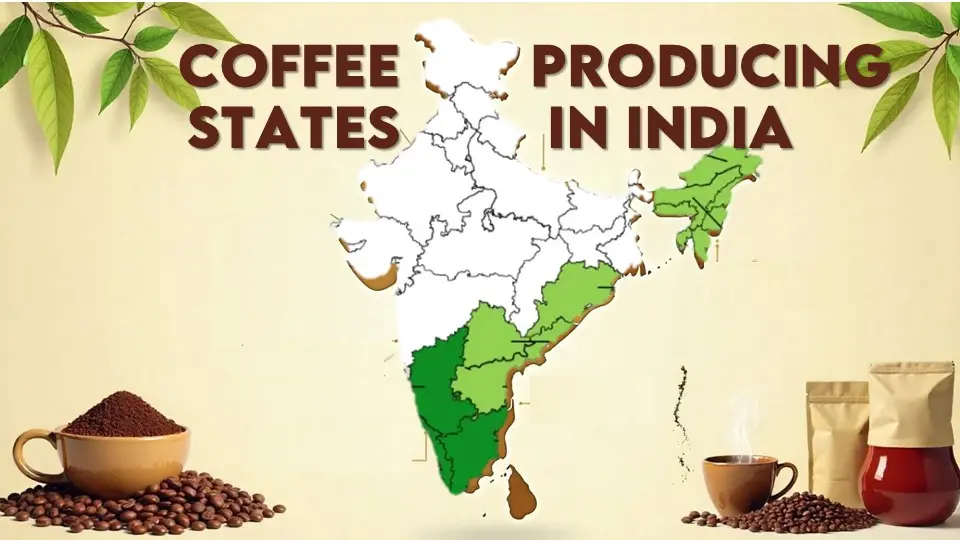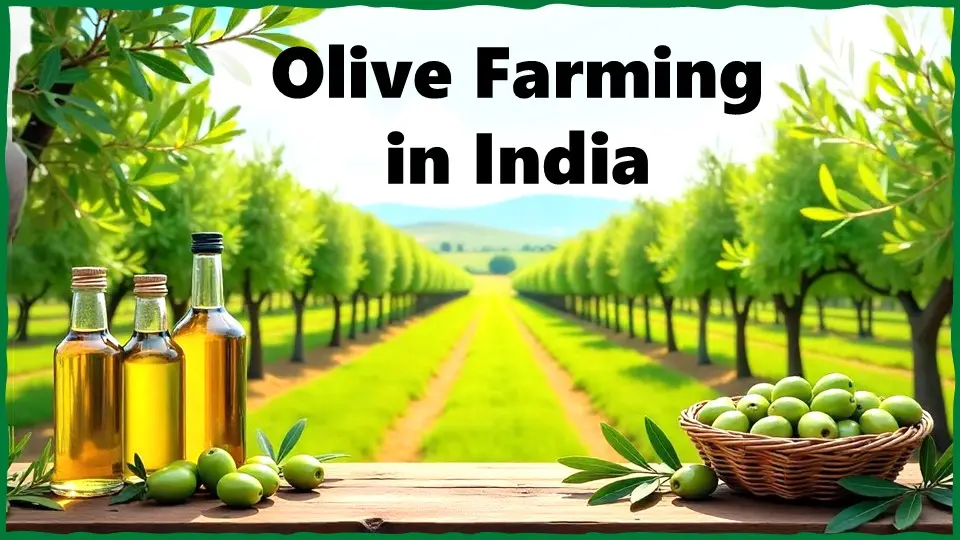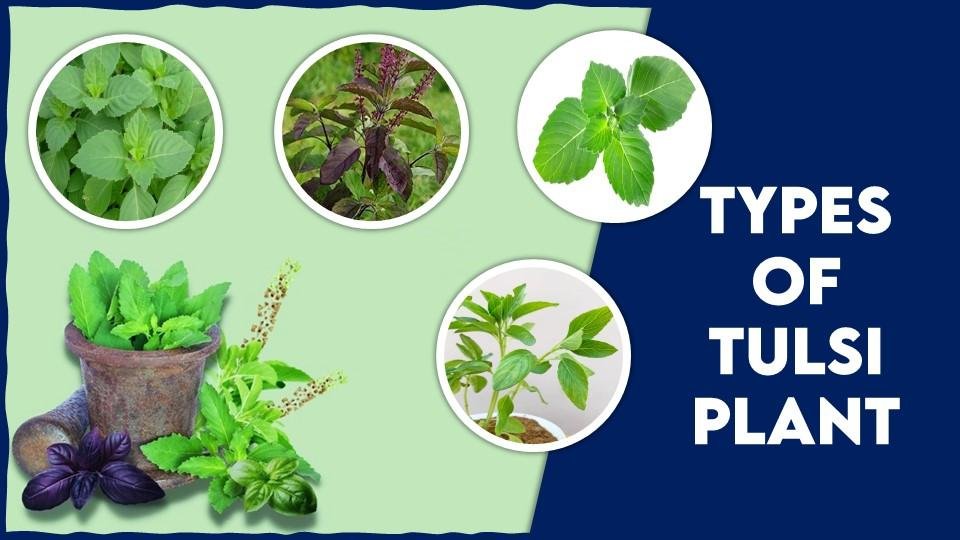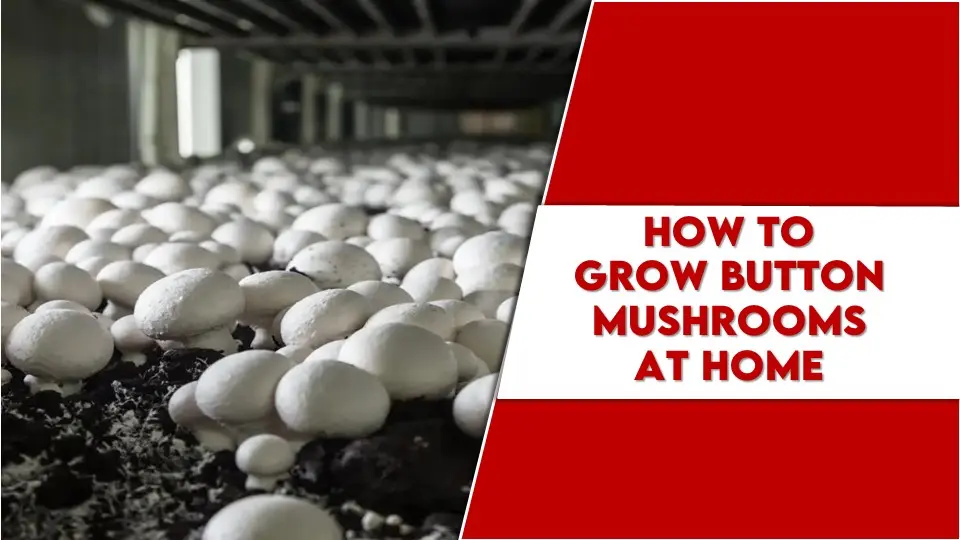Do you think Should all farmers shift to organic farming? Organic farming is gaining popularity all over the world. Many nations like Switzerland and Denmark have a great demand for organic produce. Many farmers in India are shifting towards organic farmers since organic produce earns more profits than conventionally produced crops. Even, many scholars and well-salaried personnel have opted for organic farming after analyzing the benefits of organic farming. In India, around 2.30 million ha of land is under organic farming.
On the occasion of the 75th Independence on 15th August, PM Narendra Modi said, “Organic farming is our Duty.” While stressing the subject of turning to chemical-free farming, he mentioned the role of organic and natural farming in doing so.

Read More:
What is Organic farming?
Organic farming is a method of cultivating crops without the use of chemical fertilizers. The fertilizers and pesticides used in this farming are organically prepared using animal manure, and plant residues. Crops grown through this farming have zero chemical residues. So, “GO ORGANIC”.
Benefits of Organic Farming to Farmers and Nature:
1. It has the potential to convert the degraded soil into nutrients rich soil.
2. Use of organic fertilizers will reduce the production of chemical fertilizers which in turn will reduce the pollution caused by the fertilizer companies.
3. Since, the inputs are low cost, the farmers get good returns from their investment.
4. Organic farming will be an exemplary step towards preventing Climate Change.
5. Humans will get chemical residue-free food to eat causing a reduction in health problems.

Difficulties for farmers in Organic Farming:
Are organic farmers happy? What are the problems of organic farming in India?
1. India is the 2nd most populated country in the world after China which is first. Most of the farmers follow the intensive farming system in India due to less available land. This acts as a hindrance to organic farming.
2. Initial production from this farming may not be considerable, which makes it difficult for the farmer to stick to it.
3. Only the higher society can effort organic food, due to their less availability and high cost.
4. It becomes difficult to find the potential market for organic produce, which will give good returns.
Also Read:
What if Indian farmer shifts to organic farming? Should All Indian Farmers Shift to Organic Farming
Why is there a need to switch to organic farming?
The Green Revolution of the 1960s played a significant role in making India self-sufficient in the field of food grains. But, the excessive use of chemical fertilizers and pesticides is now showing a hazardous effect on the soil and human health. To stop this, there is a need that Indian farmers should look for an alternative to conventional farming. How organic farming is done in India? How to do organic farming at home in India?

Organic farming can be one of them but a whole shift towards this farming will cause the foodgrain deficiency in our country. A live example of such food deficiency is Sri Lanka. In Sri Lanka, in the year 2021, President Rajapaksha took the decision to ban the use of synthetic fertilizers and pesticides overnight in the country. This caused great damage to the country’s farmers since the foodgrains and crops were attacked by pests that were not possible to control by using organic pesticides.
Read More:
Thus, organic farming can be a good alternative, to natural farming can also be done. Shifting slowly towards organic farming will be profitable. But, there will be a danger of food deficiency and to avoid this conventional farming has to be a part of a farming system. Limiting the use of chemical pesticides and fertilizers or combining the use of both organic and fertilizer will prove to be beneficial.
Latest Post
- How to Create Modern Commercial Greenhouse Agriculture
- How to Grow Oyster Mushrooms at Home in India
- Top Coffee Producing States in India
- Saffron Farming at Home: Amazing Guide for You in Steps
- Aloe vera farming in India – Cost, Market Trends and Profits
- Olive Farming in India: High Demand Oil Crop in 2025
- How Does Vertical Farming Work?
- Top 10 Modern Agriculture Tools used in Agriculture
- Types of Tulsi Plant in India
- Microgreen Farming in India: Growing Tiny Greens
- Solar Irrigation System in India: Step towards Modern Agriculture
- How to Grow Button Mushrooms at Home: Uplift Your Health and Income













